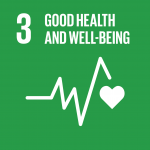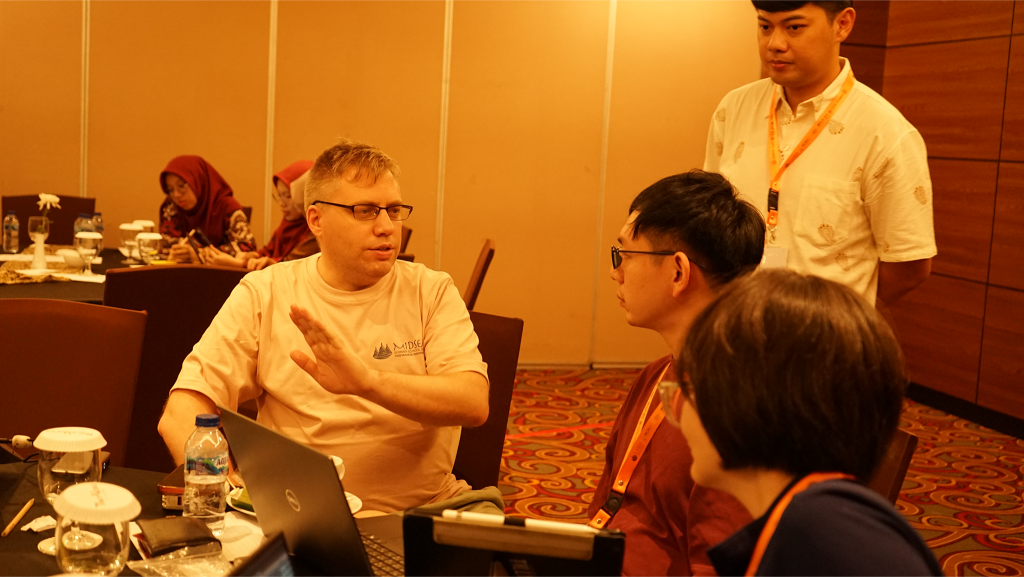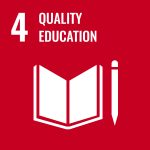Yogyakarta, 23 June 2025 — One of the most anticipated advanced sessions at MIDSEA Summer School 2025 is the Simulations track, led by Prof. Alex Cook, a leading figure in the MIDSEA initiative and a mathematical epidemiology expert from the National University of Singapore (NUS). This track is designed to introduce participants to stochastic simulation modelling, a crucial approach for realistically understanding the spread of infectious diseases.
Unlike deterministic models that produce fixed outcomes, stochastic approaches incorporate randomness into simulations, allowing participants to explore the uncertainty inherent in epidemic dynamics. Participants are introduced to fundamental concepts in stochastic processes, including Poisson processes, and their implementation through computer-based simulations.
Key activities in this track include: simulating with Gillespie’s algorithm, a widely used method for continuous-time stochastic processes; simulating multiple epidemics to evaluate outcome variability across repeated scenarios; simulating realistic illness durations, capturing the variation in infection length between individuals; generating static networks, such as stable contact structures; and generating dynamic networks, including dynamic sexual networks, to explore how changing social connections influence disease transmission.
This track is intended for participants with a basic understanding of compartmental models (e.g., SIR models) and programming skills, particularly in R. With an interactive approach and hands-on activities, the session helps participants understand how uncertainty shapes projections, and how simulations can be used to test intervention strategies.
By combining theory, practical exercises, and in-depth discussions, the Simulations track offers essential insights for those looking to explore advanced quantitative approaches in modern epidemiology.
 Keywords: MIDSEA, Modelling, Infectious Disease Modelling
Keywords: MIDSEA, Modelling, Infectious Disease Modelling
Author: Shafira Fauzia Untsa
Photo: Priscilla Deviana T.


